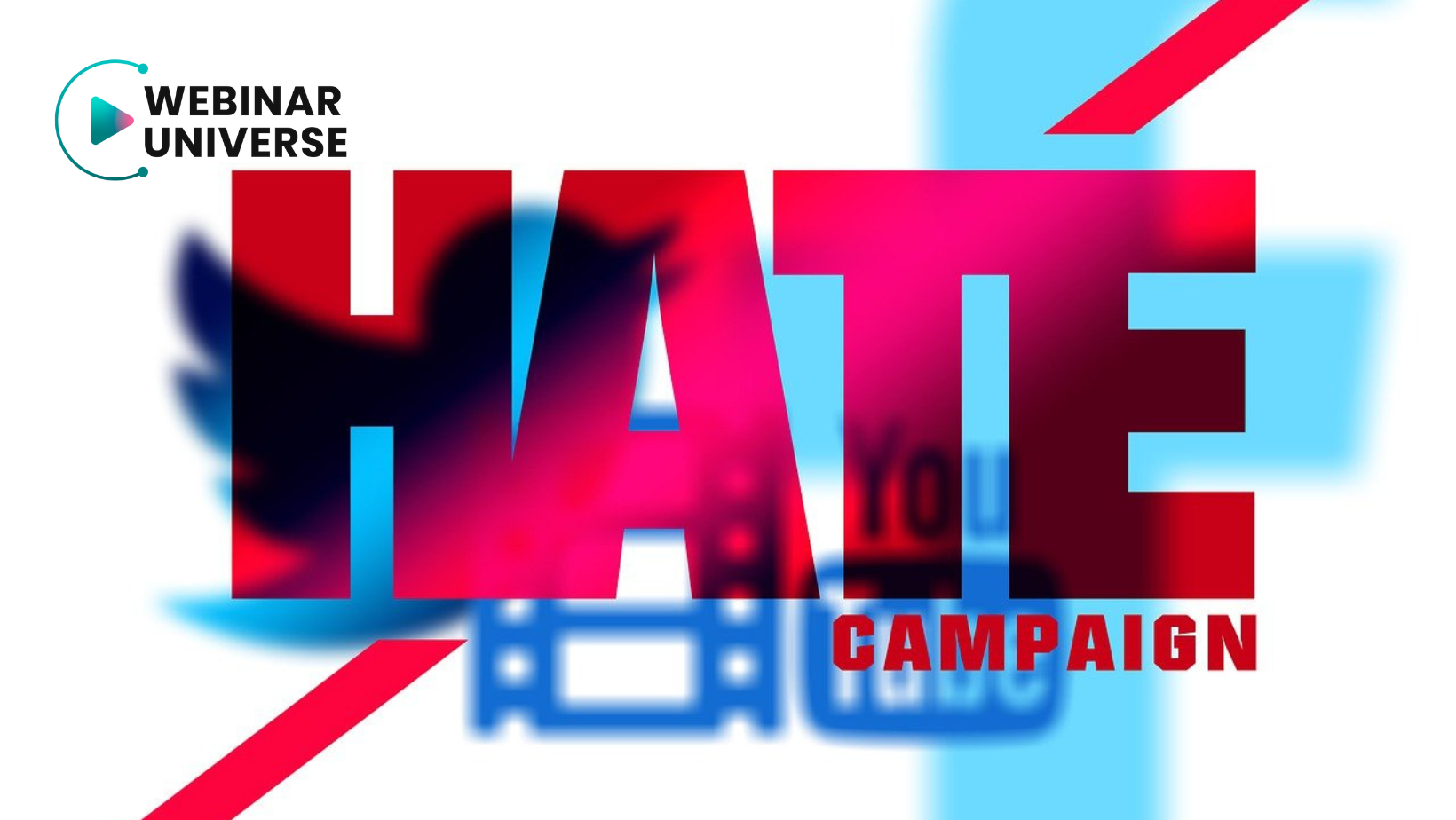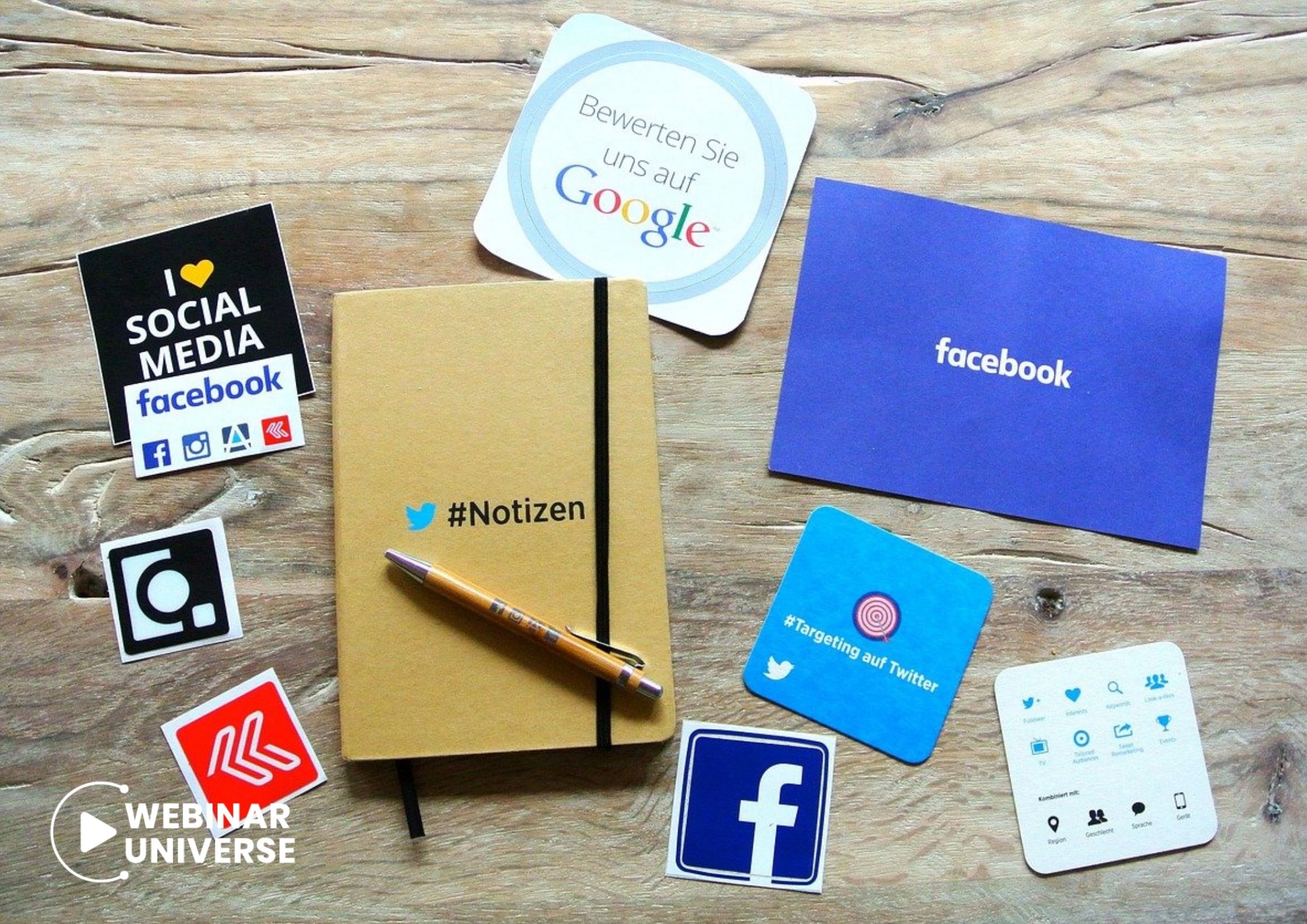Controlled hate
For any company, building a positive image and taking care of good PR is of great importance. It is an important part of many brands' strategies. Without it, it is difficult to stand out from other companies on the market. Proper planning of such activities is an important issue. It is easy to encounter problems in the form of the hate phenomenon. It is an increasingly common phenomenon these days. It poses a threat to entrepreneurs.
Hate directed at a company, full of aggression, anger and sometimes hatred, can lead to business problems. It must therefore not be ignored. Haters can destroy or at least damage a reputation that has been built up for years. Sometimes negative opinions on forums and industry portals result in the demise of a company.
How do you recognise hate? Hate is primarily negative, insulting, often uncultured and vulgar comments about people or the content they create. It is mainly directed at Internet users, but not always.
We are talking about unfair competition. On the web, it is popular to create opinions praising a product or service - in other words, whisper marketing. Satisfied customers recommend a company and the company gains in the eyes of further potential customers.
Sometimes, however, there are many negative comments on brand profiles. These may come from dissatisfied customers, but there are few signs that a hate campaign has begun. When does a situation become suspicious? First and foremost, when the feedback appears suddenly. The criticism is based on specifics. The person criticising will use arguments, while the hater will take offence and not argue his or her point. Another warning sign is a lot of negative comments. Especially if the customers have been satisfied with the service up to now. When a lot of negative feedback comes in one moment, day after day, it is very possible that it is a massive hater attack. It is very possible that comments will be written by accounts without profile pictures or without completed details. It is then apparent that these are fake accounts, used only for massive online activities. An organised hater action may take the form of a rumour about the company's allegedly negative financial situation. This in turn will cause panic among investors. This will often include comments on industry forums, on social media, under articles about the brand in question. Authors may refer to various topics, but the overtones will always be negative. Want to find out more? Check out Webinar Universe. It's a platform where you can find online training courses. This way you can easily combine your classes with your learning. You can process the material when you have the time.

Accidental victims?
Do hackers target random companies? It varies. However, the main aim of a hate campaign is to reduce competition. This is why such actions are often commissioned by owners of companies in the same industry. The aim of haters is to make a brand's reputation worse by writing negative comments. It is also sometimes the case that employees whose interests have been disregarded or who have felt offended in some way are responsible for the hate. Then the purpose of the attacks is revenge or a desire to harm the interests of the company. Often, job seekers look for reviews of a company before accepting an offer. If there are many negative comments about the working conditions, they may decide not to participate in the further process.
It is therefore difficult to speak of randomness here. Hater actions target specific companies, from specific industries. Often the biggest brands fall victim to them.
According to research, food manufacturers, property developers and establishments with high employee turnover are the most vulnerable to hate.
To expand your knowledge, check out what Webinar Universe offers. The platform contains online courses on many topics. There is bound to be something that interests you. The online training platform is a friendly way to learn - combine it with your other responsibilities.
Hate attacks can have a number of negative effects. Firstly, damage to image. A sudden rash of bad opinions can result in a crisis. However, it is important to remember that one comment does not yet mean an organised action. It is important to look at the phenomenon carefully and determine its extent.
Hate has a negative impact on a company's reputation. This, in turn, has implications for the company's financial performance. A deteriorating reputation can result in fewer and fewer customers. The B2C sector, i.e. those working directly with the customer, is most vulnerable here. Hate can also take its toll on a company's financial performance - through negative feedback, it will fall. In extreme cases, the company may even go out of business.

Hates ... how to fight them?
How do you combat hate? The first step seems to be to react immediately, preferably harshly. This is not always a good solution. Companies often respond with threats, threats of lawyers, lawsuits. They remove unfavourable comments from their profiles. This is not worth doing. It is best to delete those comments which contain uncensored words. For the rest, a cultural response is best. This will show other users that the company is behaving in a professional manner and the damage to reputation will not be significant.
Of course, this will work in the case of individual comments rather than organised action. In such a situation, it is best to make use of the tools offered by the law. While it may seem to the haters that they are completely anonymous online, this is not entirely true. It is possible to get to the bottom of who is posting malicious content online and from what device.
Most importantly - you cannot respond with aggression to aggression. This will lead to unnecessary arguments and this will further damage the reputation of the company. Hate is a widespread and very common phenomenon. It affects individuals, internet users, online creators, on social media, celebrities, celebrities, but also companies. It is often a form of unfair competition. Haters want to make a company's image suffer. This can lead to poorer financial results and, as a consequence, even the collapse of the company. How do you defend yourself against hate? It is difficult. It is impossible to prevent negative comments from appearing. However, you can keep an eye on the internet for such posts and react to them in a timely manner - culturally but firmly.
